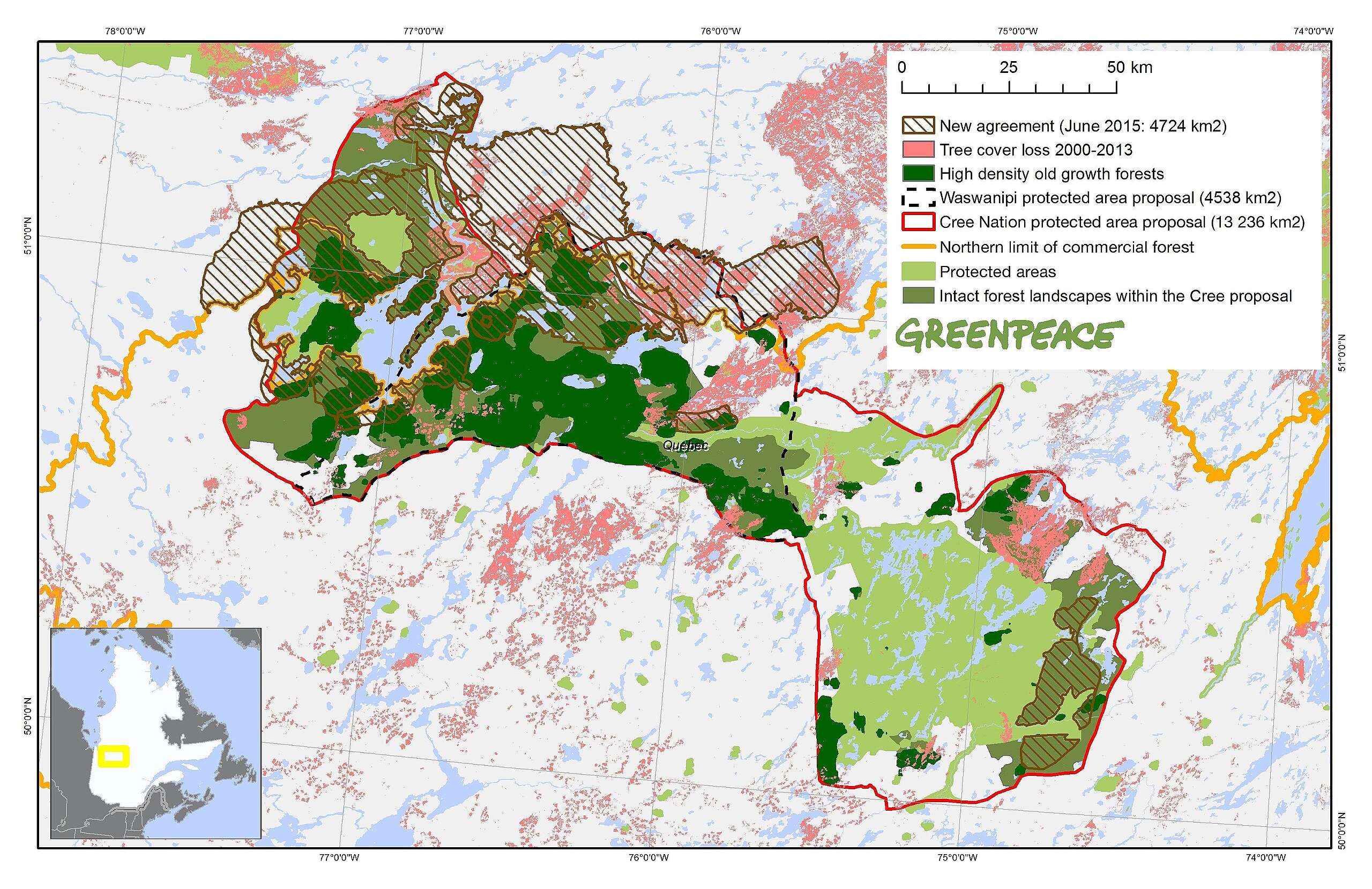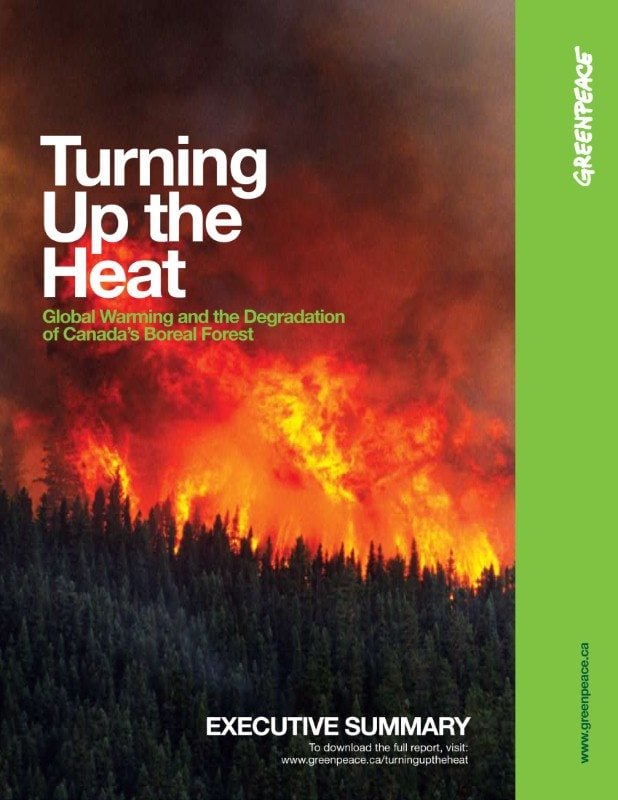For the past one hundred years, B.C. has built its economic wealth on the extraction of resources. With the advent of industrial-scale logging in the 1950s, a staggering amount of wood began to be cut. Today the number of trees cut in B.C. each year would fill enough logging trucks to circle the globe one and a quarter times. Our province has literally been depleting its natural wealth by overcutting our forests.
Executive Summary
For the past hundred years, B.C. has built its economic wealth on the extraction of resources. With the advent of industrial-scale logging in the 1950s, a staggering amount of wood began to be cut. Today the number of trees cut in B.C. each year would fill enough logging trucks to circle the globe one and a quarter times. Our province has literally been depleting its natural wealth by overcutting our forests.
But the days of relying solely on those natural resources are drawing to a close. The last frontier forests are being cut down by logging companies. As these ancient forests disappear, so do jobs for today’s loggers. The B.C. government estimates that 30,000 people will be out of work within the next decade because trees are being cut down faster than they are replaced by new growth. At the same time, this unsustainable logging is eliminating future generations’ options for building a sustainable economy.
There is an alternative. The U.S. Pacific Northwest has successfully navigated a course of economic transition from timber dependence to a widely diversified economy. B.C. is already beginning a transition, with high-technology, tourism and other sectors growing rapidly. Furthermore, entrepreneurs around the province are anxious to create more jobs while using less of B.C.’s ancient forests by remanufacturing timber into quality end products.
In this report we present the evidence that B.C.’s logging industry is unsustainable and explore the ramifications for communities around B.C. We point to possible solutions that could get the province back on track, avoiding the massive job losses and degraded environment that are the inevitable result of continued clearcutting as we know it. If we work together we can have sustainable jobs and a healthy environment – something that will benefit all British Columbians.
Just the Facts
- B.C.’s logging industry has been steadily declining in significance, with 9% of the workforce employed in logging in 1980, while only 5.6% are employed in logging today.
- According to the B.C. government, logging companies are logging 28% above the government’s calculation of what is sustainable. There will be an estimated net direct job loss of 30,000 jobs in the logging industry in order to become sustainable by B.C. government definitions.
- B.C. will not be able to compete as successfully in the future global forest economy as tree plantations in warmer climes can be ready for harvest over ten times faster than in B.C.’s slowgrowing climate.
Num. pages: 32



